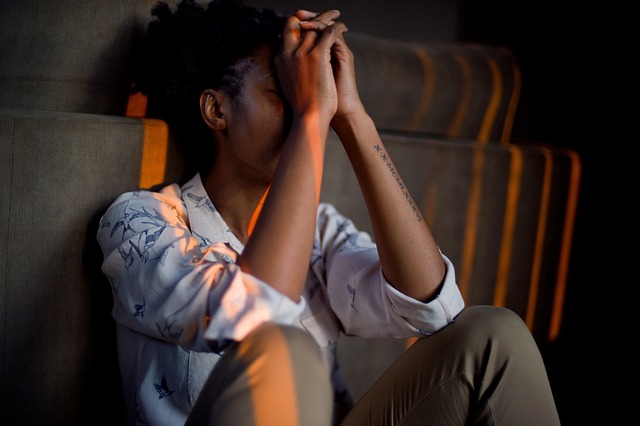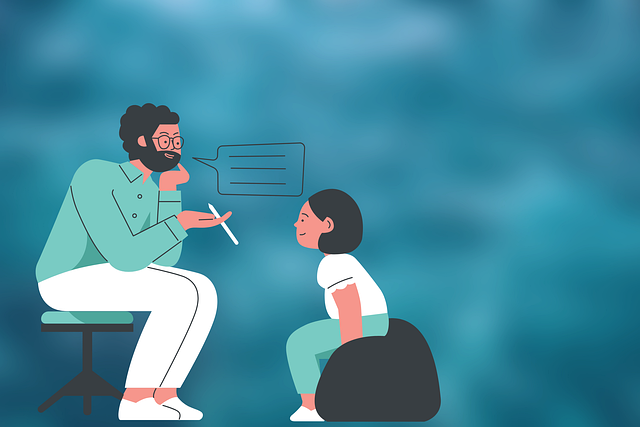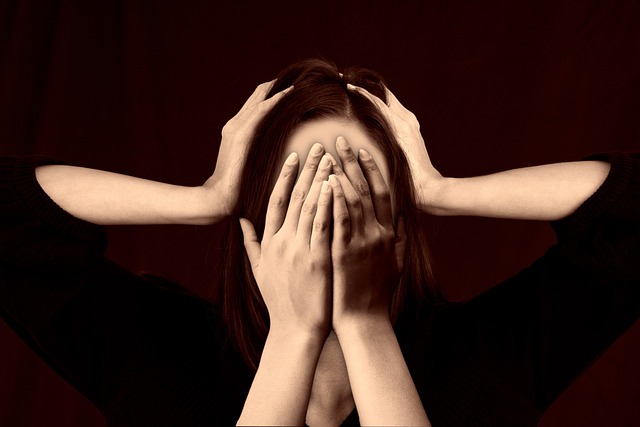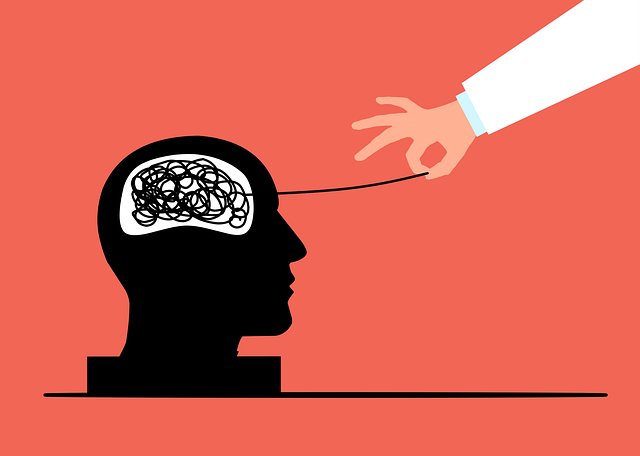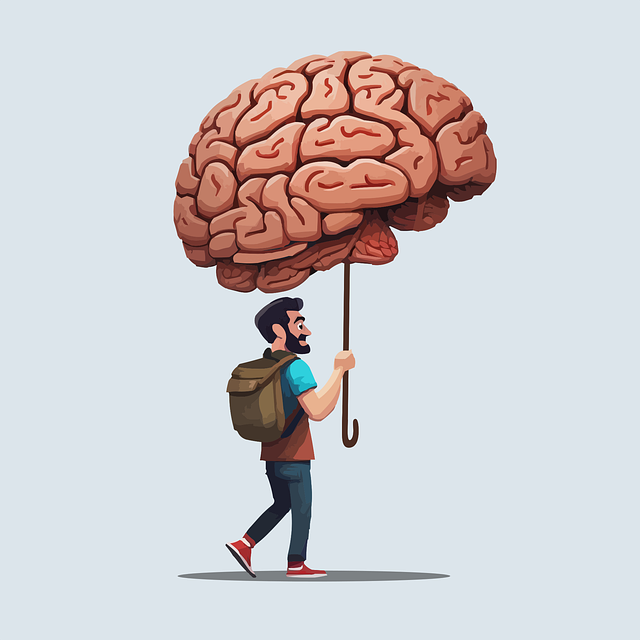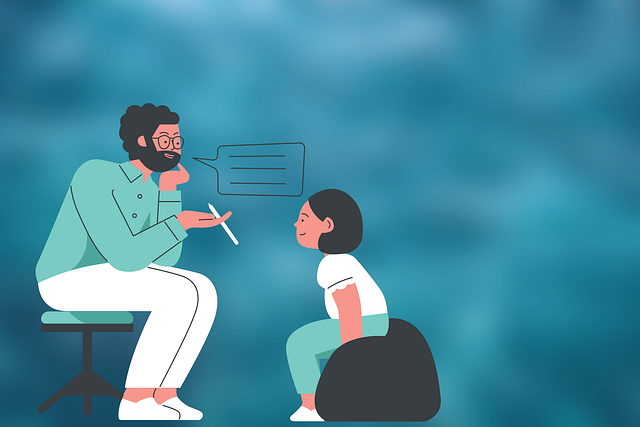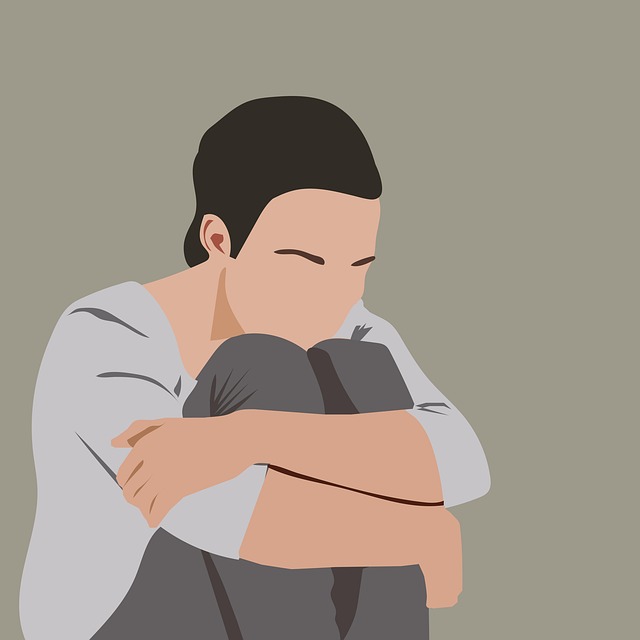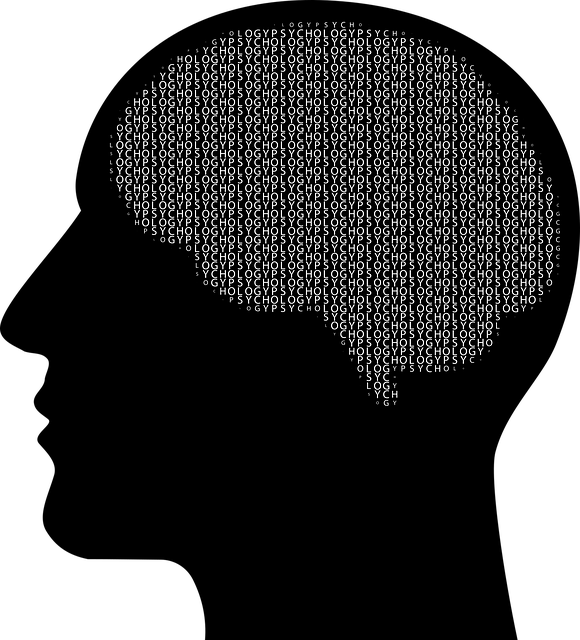Adolescent anxiety, particularly among young men, is a growing concern due to societal expectations and pressure to perform. Effective therapy for these issues requires a nuanced approach that considers cultural factors and encourages emotional expression. Techniques like Cognitive Behavioral Therapy (CBT), mindfulness, exposure therapy, and lifestyle changes are powerful tools. CBT targets negative thought patterns, while mindfulness teaches present-moment acceptance. Exposure therapy helps confront fears in safe environments. Lifestyle adjustments, including exercise, diet, and sleep, alongside strong social connections, form a robust support system for managing anxiety among adolescent teens with men's issues.
Anxiety is a prevalent concern among adolescents, with unique challenges impacting men’s mental health. This article delves into comprehensive strategies for managing anxiety in teens, focusing on various therapeutic approaches and lifestyle modifications. We explore Cognitive Behavioral Therapy (CBT) as a powerful tool, highlighting its effectiveness in addressing adolescent fears. Additionally, we discuss mindfulness techniques, exposure therapy, and the vital role of support systems in fostering mental well-being. Understanding these methods provides valuable insights for parents, educators, and teens seeking to overcome anxiety.
- Understanding Adolescent Anxiety: A Comprehensive Look at Mens Issues
- Cognitive Behavioral Therapy (CBT): A Powerful Tool for Teen Anxiety Management
- Mindfulness and Meditation Techniques to Combat Youth Anxiety
- Exposure Therapy: Facing Fears Head-On for Effective Anxiety Relief
- Lifestyle Changes and Support Systems: Nurturing Mental Well-being in Teens
Understanding Adolescent Anxiety: A Comprehensive Look at Mens Issues

Adolescent anxiety is a growing concern among mental health professionals, with many teens experiencing heightened levels of stress and worry that can significantly impact their daily lives. Understanding men’s issues related to anxiety is particularly important as traditional gender roles and societal expectations often contribute to unique challenges faced by young males. In today’s fast-paced world, the pressure to perform academically, athletically, and socially can be overwhelming for adolescent boys, leading to increased rates of anxiety disorders.
Therapy for adolescent teens with men’s issues requires a nuanced approach that considers cultural and social factors. A comprehensive risk assessment is crucial for mental health professionals to identify at-risk individuals and provide appropriate Crisis Intervention Guidance. By fostering open conversations about emotions and encouraging positive thinking, therapists can help adolescents navigate their anxiety effectively. This supportive environment allows teens to explore underlying causes, develop coping strategies, and build resilience, ultimately empowering them to manage their mental well-being.
Cognitive Behavioral Therapy (CBT): A Powerful Tool for Teen Anxiety Management

Cognitive Behavioral Therapy (CBT) has emerged as a powerful tool for managing anxiety among adolescent teens. This evidence-based approach focuses on identifying and challenging negative thought patterns and behaviors, which are often at the root of anxious feelings. By teaching teens to recognize and reframe distorted thinking, CBT empowers them to gain more control over their emotions and reactions.
For young individuals dealing with mens issues related to anxiety, CBT offers a structured framework for self-esteem improvement. Through therapeutic techniques, teens learn effective coping strategies tailored to their unique experiences. Crisis intervention guidance is seamlessly integrated into the process, ensuring that any acute anxiety episodes are managed promptly. Moreover, community outreach program implementation within CBT can foster a supportive network, providing adolescents with additional resources and peer connections beyond individual therapy sessions.
Mindfulness and Meditation Techniques to Combat Youth Anxiety

Mindfulness and meditation have emerged as powerful tools to combat anxiety among young people. These practices encourage adolescents and teens to focus on the present moment, acknowledging and accepting their feelings and thoughts without judgment. Through regular mindfulness exercises, such as deep breathing or body scans, young individuals can learn to recognize triggers and develop a heightened awareness of their mental state, thereby fostering better emotional regulation.
Meditation techniques, including guided visualizations and mantras, offer a calming space for teens struggling with anxiety. Engaging in these practices can enhance self-esteem improvement by promoting a sense of inner strength and resilience. Additionally, keeping a Mental Wellness Journal alongside meditation can provide valuable insight into one’s thought patterns and feelings, enabling more effective crisis intervention guidance when needed.
Exposure Therapy: Facing Fears Head-On for Effective Anxiety Relief

Exposure therapy is a powerful and effective technique that helps individuals confront their fears directly, offering a lasting solution to anxiety disorders. This approach, often used in mental healthcare settings, involves gradually exposing people to situations or objects they fear in a safe and controlled manner. By repeatedly facing these anxieties, patients learn to manage their responses, reducing the intensity of their emotional reactions over time.
For adolescent teens and men seeking therapy for their mental health issues, exposure therapy can be transformative. It empowers individuals to take control of their lives by understanding and challenging their fears. This process fosters self-awareness exercises, enabling them to recognize triggers and develop effective risk management planning. Moreover, cultural sensitivity in mental healthcare practice is essential, ensuring that the therapy aligns with individual beliefs and backgrounds for optimal results.
Lifestyle Changes and Support Systems: Nurturing Mental Well-being in Teens

For adolescent teens, managing anxiety effectively involves a multifaceted approach that includes lifestyle changes and nurturing a robust support system. Encouraging regular physical activity, a balanced diet, and sufficient sleep can significantly enhance emotional regulation and reduce stress levels. These simple yet powerful habits not only contribute to overall well-being but also serve as foundational tools in combating anxiety disorders.
Building and maintaining strong social connections is another critical aspect of teen mental health. Support systems, whether they are family members, friends, or even peer groups, play a pivotal role in stress management workshops organized by various organizations. Sharing experiences, seeking advice, and receiving reassurance from peers who understand can provide immense anxiety relief. Additionally, engaging in activities that foster social bonding, like team sports or community service, can create a sense of belonging and enhance resilience against anxious feelings.
Anxiety management is a crucial aspect of fostering healthy development in adolescent boys, addressing their unique mens issues. By combining evidence-based therapies like CBT and exposure therapy with mindfulness practices and lifestyle modifications, teens can effectively navigate and overcome anxiety. These comprehensive approaches empower young individuals to take control of their mental well-being, providing them with valuable tools for a brighter and more anxious-free future. Embracing these strategies ensures that adolescent boys receive the necessary support to thrive and flourish.




